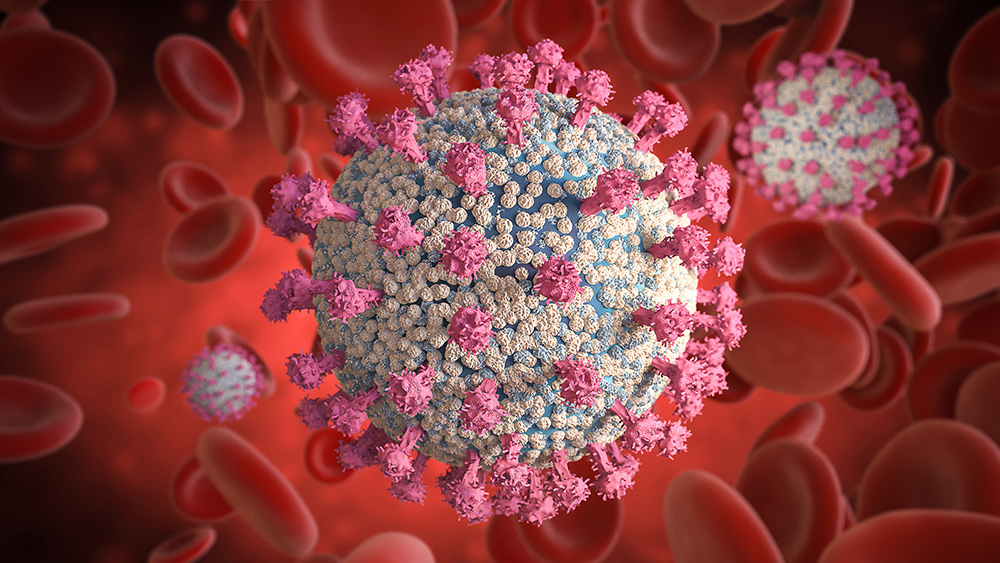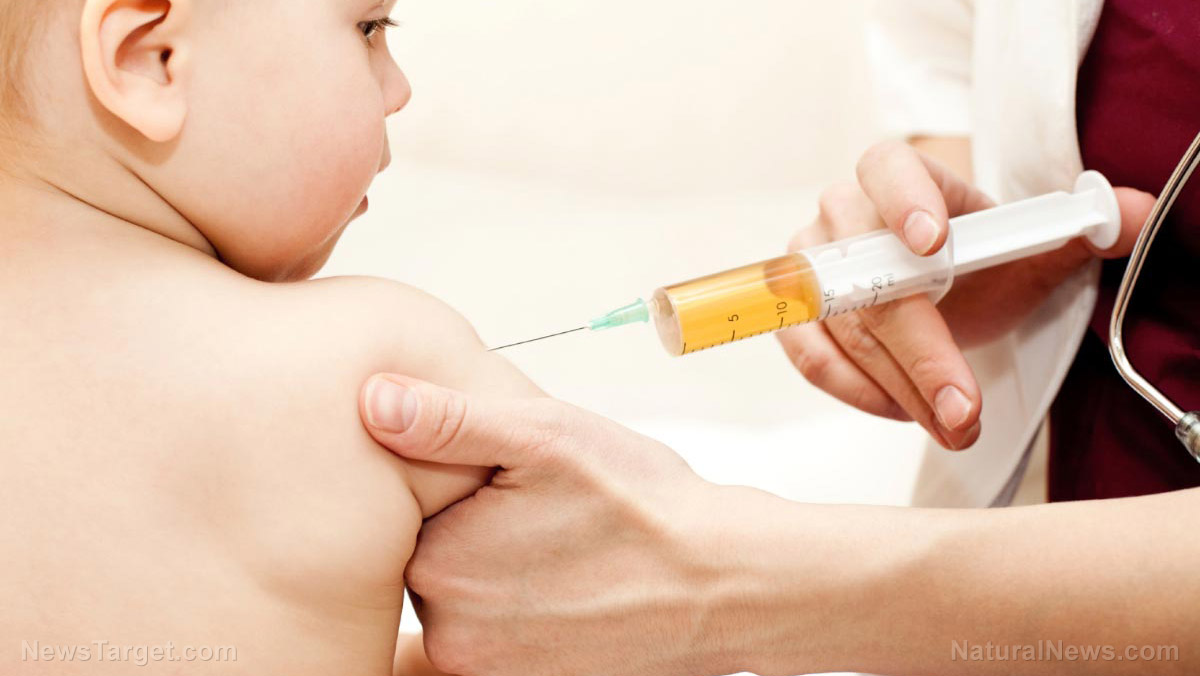Investigation finds that big pharma money permeates drug regulatory agencies throughout the world
07/12/2022 / By JD Heyes

One of the biggest scandals in modern medicine is not the fact that more people die in hospitals, by far, than by gun homicides and car accidents every year, but rather the amount of big pharma money spread throughout drug regulatory agencies the world over.
According to a new investigative study by the British Medical Journal, over the past decades, regulatory agencies have seen major portions of their annual budgets increasingly funded by the industry they are sworn to regulate — big pharma.
“Patients and doctors expect drug regulators to provide an unbiased, rigorous assessment of investigational medicines before they hit the market. But do they have sufficient independence from the companies they are meant to regulate?” the report begins.
According to Children’s Health Defense news and views publication The Defender:
The report examines whether drug regulators in six countries, including the U.S., “have sufficient independence from the companies they are meant to regulate.”
Investigative journalist Maryanne Demasi found significant conflicts of interest have developed between drugmakers and the agencies charged with drug regulation, resulting in a negative impact on the quality of pharmaceutical products that reach the public.
What’s more, this direct funding was intentional.
“In 1992, the US Congress passed the Prescription Drug User Fee Act (PDUFA), allowing industry to fund the US Food and Drug Administration (FDA) directly through ‘user fees’ intended to support the cost of swiftly reviewing drug applications,” the report states. “With the act, the FDA moved from a fully taxpayer funded entity to one supplemented by industry money. Net PDUFA fees collected have increased 30 fold—from around $29m in 1993 to $884m in 2016.”
The situation is worse in Europe, where “industry fees funded 20% of the new EU-wide regulator, the European Medicines Agency (EMA), in 1995. By 2010 that had risen to 75%; today it is 89%,” the report, by investigative journalist Maryanne Demasi, notes further.
In her report, Demasi made reference to a 2005 example from the United Kingdom, when the House of Commons health committee looked into big pharma’s influence on health policy, including the Healthcare Products Regulatory Agency (MHRA), which is the UK equivalent of the Food and Drug Administration in the U.S.
The committee members at the time noted they were concerned that big pharma’s funding of the MHRA and similar agencies might lead them to “lose sight of the need to protect and promote public health above all else as it seeks to win fee income from the companies.”
“Nearly two decades on, little has changed,” Demasi reported. “Industry funding of drug regulators has become the international norm.”
Experts in the field have also expressed concerns.
Sociologist Donald Light of Rowan University in New Jersey, US, who has spent decades studying drug regulation, told Demasi in reference to a similar agency receiving drug contributions in Australia: “Like the FDA, the [Therapeutic Goods Administration] was founded to be an independent institute. However, being largely funded by fees from the companies whose products it is charged to evaluate is a fundamental conflict of interest and a prime example of institutional corruption.”
The TGA, for the record, has vehemently denied that despite the fact the agency relies on pharmaceutical industry funding almost exclusively amounts to a conflict of interest. “All fees and charges are prescribed in our legislation. To provide transparency, the TGA fees and charges are published on the TGA website,” the agency said.
But all that does is tell Australians their health agency is being funded by private drug interests; it doesn’t reassure them that those big pharma dollars aren’t being used to influence drug policy decisions and, importantly, drug approvals.
“It’s the opposite of having a trustworthy organization independently and rigorously assessing medicines,” Light said.
“They’re not rigorous, they’re not independent, they are selective, and they withhold data. Doctors and patients must appreciate how deeply and extensively drug regulators can’t be trusted so long as they are captured by industry funding,” he added.
Sources include:
Submit a correction >>
Tagged Under:
big medicine, Big Pharma, big pharma fees, Collusion, conflict of interest, corruption, deception, direct funding, drug regulation, FDA, fees, globalists, influence, money, real investigations, regulatory agencies, research
This article may contain statements that reflect the opinion of the author
RECENT NEWS & ARTICLES
COPYRIGHT © 2017 JUNK SCIENCE WATCH




















